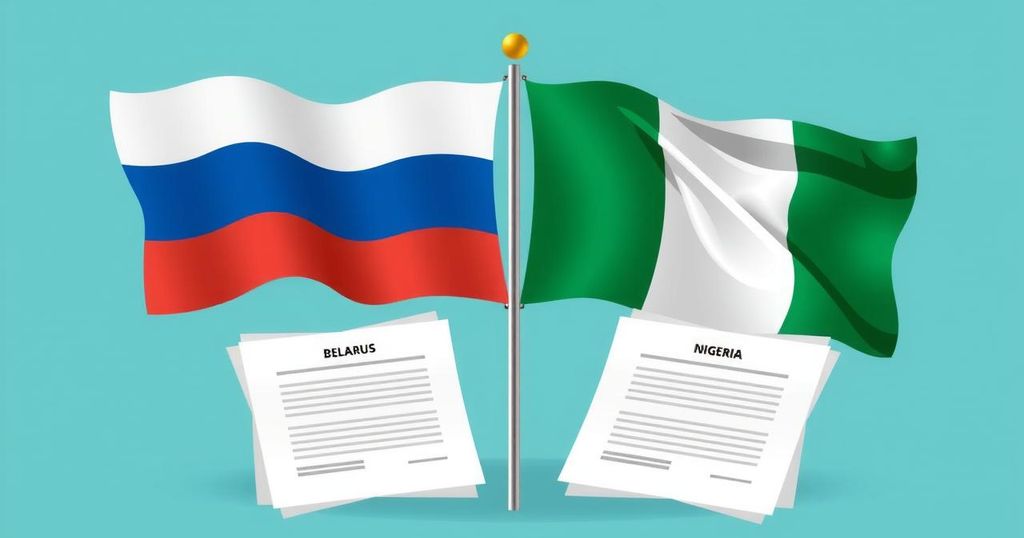Lukashenko Approves Belarus-Nigeria Draft Memorandum on Customs Cooperation

- Belarusian President Lukashenko signed a customs cooperation memorandum.
- The memorandum facilitates mutual assistance between Belarus and Nigeria.
- Key principles include information exchange and customs investigation.
Belarus and Nigeria Forge Customs Cooperation Agreement
On June 26, President Alexander Lukashenko of Belarus took a significant step towards enhancing international relations by signing Decree No. 246. This decree gives the green light to a draft memorandum focused on customs cooperation and mutual assistance between Belarus and Nigeria. It’s quite the development, as it lays the groundwork for more structured economic ties and logistical collaboration between the two nations.
Key Provisions of the Draft Memorandum
The memorandum itself delineates several key areas of cooperation aimed at bolstering customs operations. For instance, it spells out the fundamental principles and potential forms of collaboration between the customs authorities of both countries. Moreover, it highlights processes for mutual assistance, outlines mechanisms for information exchange, and emphasizes the joint efforts in tackling and investigating customs-related offenses.
Next Steps and Economic Implications
To facilitate this, the State Border Committee of Belarus has been empowered to engage in negotiations concerning the draft agreement. Once finalized, this agreement could pave the way for more efficient customs operations, potentially improving trade flow and reducing smuggling. The signing of this memorandum indicates a growing partnership that could have far-reaching implications for both nations’ economies in the long run.
In summary, the approval of the draft memorandum on customs cooperation between Belarus and Nigeria marks a crucial step forward in diplomatic and economic relations. The details contained within highlight a framework for collaboration that could enhance customs operations and trade. Furthermore, the Belarusian State Border Committee’s involvement indicates active negotiation, signaling a commitment to this partnership.







